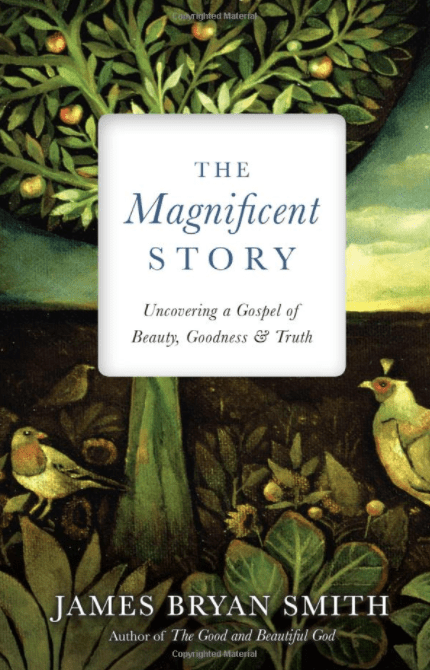 Most of the great theologians of the church have addressed the topic of prayer, and it is one of the highlights of Tim Keller’s book on prayer (Prayer) to sketch what Augustine, Luther and Calvin said about prayer — each expressing a pastoral theology of prayer in a letter to someone. Luther, for instance, said each text of the Bible was an aid in prayer in four ways as we meditate on Scripture: “a school text [instruction], a song book [thanksgiving], a penitential book [confession], and prayer book [a source for prayer]” (90).
Most of the great theologians of the church have addressed the topic of prayer, and it is one of the highlights of Tim Keller’s book on prayer (Prayer) to sketch what Augustine, Luther and Calvin said about prayer — each expressing a pastoral theology of prayer in a letter to someone. Luther, for instance, said each text of the Bible was an aid in prayer in four ways as we meditate on Scripture: “a school text [instruction], a song book [thanksgiving], a penitential book [confession], and prayer book [a source for prayer]” (90).
Keller draws from these three (male) giants when he turns to his (Calvin-based) rules for prayer.
Before we get to those rules, though, notice again how Keller defines prayer:
We have learned that prayer is the continuation of a conversation that God has started. He started it when he implanted knowledge of himself in every human being, when he spoke through the prophets and in his written Word, and especially when he called us to himself through the Holy Spirit sent into our hearts (83).
Notice a word here: for Keller prayer is the continuation of a conversation. God has spoken to us and prayer is our response to God. The entire notion of “hearing” from God, which is pervasive among many today in the spiritual formation movement (e.g., Richard Foster, Dallas Willard, James Smith), is not an important element in Keller’s perception of what prayer is. And I would contend that the Bible that is the Word of God reveals an interactive kind of conversation more than Keller’s perception here admits. Think of Abraham and God in Genesis 18 — that is the kind of “prayer” we see in the Bible. Unless we posit that their prayers are different from our prayers, a biblical approach to prayer is more interactive than simply the continuation of a conversation.
The Rules of Prayer, based on Calvin’s Institutes:
1. Reverence or the “fear of God.” But… “We could say that fear of punishment is a self-absorbed kind of fear. It happens to people wrapped up in themselves. Those who believe the gospel—who believe that they are the recipients of undeserved but unshakable grace—grow in a paradoxically loving yet joyful fear. Because of unutterable love and joy in God, we tremble with the privilege of being in his presence and with an intense longing to honor him when we are there” (99).
2. Spiritual humility. Again: “It includes both a strong sense of our dependence on God, in general, and a readiness to recognize and repent our own faults in particular” (99).
3. Submissive trust with Confident hope: “It is to leave all our needs and desires in his hands in a way that is possible only through prayer. That transaction brings a comfort and rest that nothing else can bring” (101).
4. The rule of Grace: “[Calvin] urges us to not conclude that following any set of rules could make our prayers worthy to be heard. Nothing we formulate or do can qualify us for access to God. Only grace can do that—based not on our performance but on the saving work of Christ” (103). So why the rules? “The rules do not earn or merit God’s attention but rather align our prayers with who God is—the God of free grace—and thereby unite us to him more and more” (104).
Calvin’s and Keller’s rules, then, are what many today would call “spiritual disciplines” that put us in a posture to be receptive to God’s grace. Keller puts this all into one map of prayer:
What It Is
Work: Prayer is a duty and a discipline.
Word: Prayer is conversing with God.
Balance: Prayer is adoration, confession, thanks, and supplication.
What It Requires
Grace: Prayer is “In Jesus’ name,” based on the gospel.
Fear: Prayer is the heart engaged in loving awe.
Helplessness: Prayer is accepting one’s weakness and dependence.
What It Gives
Perspective: Prayer reorients your view toward God.
Strength: Prayer is spiritual union with God.
Spiritual Reality: Prayer seeks a heart sense of the presence of God.
Where It Takes Us
Self-Knowledge: Prayer requires and creates honesty and self-knowledge.
Trust: Prayer requires and creates both restful trust and confident hope.
Surrender: Prayer requires and creates surrender of the whole life in love to God.
Question: Where is love (of God) in Keller’s map of prayer?










